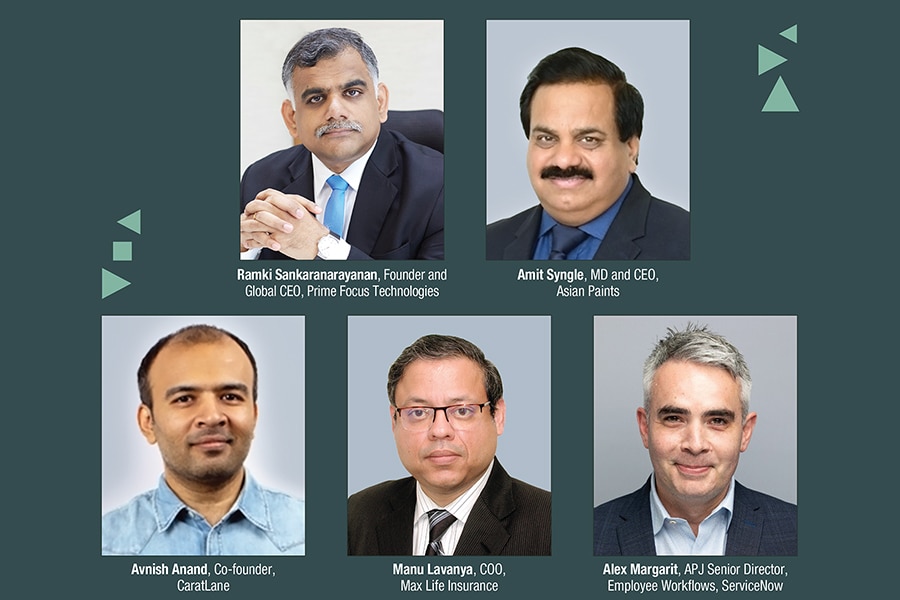
Covid-19 – presenting a tech-enabled opportunity
Enterprise lessons for CXO from the Covid-19 disruption

The ongoing pandemic and lockdowns that it necessitated during its early phase became the ultimate test of management capabilities and business resilience. The impact that it had on the economy, businesses and individuals was quite unpredictable and there were no Standard Operating Procedures that could be applied or rulebooks that could be followed. The management of every enterprise – large and small – had to operate by taking decisions from its gut, gauging how markets and consumers would react.
Months into the crisis, some clarity has emerged, on some fronts, at least. Most businesses have instituted work from home for their employees, wherever possible. Travel, for work and meetings, has become much less frequent and even eliminated wherever optional. The greatest realisation that emerged has been that organisations which were well-prepared with digital technologies have been less adversely impacted and have even grown stronger. Simultaneously, companies with managements which could innovate quickly have survived and thrived.
To discuss the nature and impact of the ongoing disruption and how enterprises can make the most of the opportunities that have presented themselves while insulating from the perils, Forbes India, in association with ServiceNow, hosted a series of Live Webinar under the banner, ‘CXO Speak: Disrupting work in the new normal’. The virtual conversation held on the 19th November 2020 brought together Ramki Sankaranarayanan, Founder and Global CEO, Prime Focus Technologies; Amit Syngle, MD and CEO,
Asian Paints; Avnish Anand, Co-founder, CaratLane; Manu Lavanya, COO, Max Life Insurance and Alex Margarit, APJ Senior Director, Employee Workflows, ServiceNow to share their insights and views on the theme.
Times Of Transition
A common observation around the crisis has been that it has made individuals as consumers, employees and even employers and management less resistant to change and more open to adopting new ideas. “It has never been easier to convince people to try new and challenging solutions,” remarked Avnish Anand of CaratLane. “Mindsets have changed and will remain so even after the pandemic has subsided. That's the most exciting change driven by the pandemic.”




